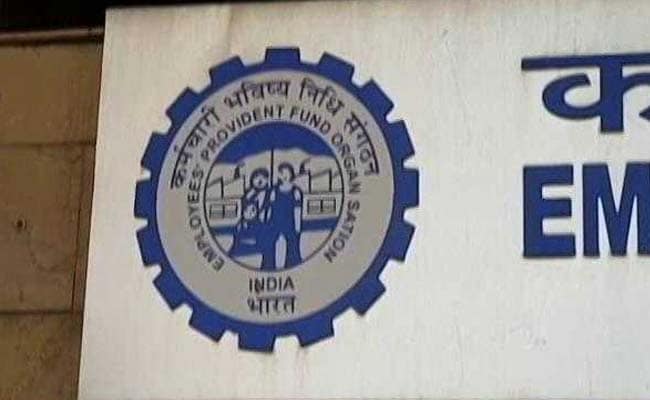In the realm of financial planning, one three-letter acronym looms large – EPF, the Employees’ Provident Fund. For millions of working individuals, it’s not just a savings tool; it’s a lifeline, a safety net for their post-retirement years. But, have you ever wondered about the taxation of your EPF withdrawals? If not, it’s high time you do. Understanding the tax implications and key considerations for Provident Fund withdrawals is essential for a secure financial future.
Tax Implications Unveiled
Your hard-earned money in the EPF isn’t entirely tax-free. While the contributions you make to the EPF are exempt from taxation, the interest earned and the withdrawals are subject to certain tax provisions. The tax treatment of your EPF withdrawal depends on the duration of your contribution and your employment status.
If you withdraw your EPF balance before completing five years of continuous service, the entire amount becomes taxable. This includes both your contributions and the interest earned on them. However, if you’ve been in continuous service for more than five years, the amount withdrawn remains tax-free.
The Five-Year Rule
The five-year rule serves as a linchpin for EPF taxation. To enjoy tax benefits on your EPF corpus, you must maintain uninterrupted service for at least five years. If you switch jobs and transfer your EPF account, the continuity remains intact, ensuring your EPF withdrawals remain tax-free.
Voluntary Provident Fund (VPF)
For those who voluntarily contribute more than the prescribed 12% of their basic salary to the EPF, the interest earned on the VPF portion is also tax-exempt. However, it’s important to note that the interest earned on the standard 12% contribution is taxable if withdrawn before five years.
Retirement and Taxation
Retirement is a momentous phase of life, and your EPF withdrawals play a pivotal role. If you decide to retire after the age of 58, your EPF withdrawals are entirely tax-free, irrespective of the number of years you’ve contributed. This offers a significant advantage for those who choose to work a little longer before enjoying the fruits of their labor.
The Impact of TDS
TDS, or Tax Deducted at Source, is a mechanism employed by the government to ensure tax compliance. If your EPF withdrawal exceeds Rs. 50,000 and you’ve been in continuous service for less than five years, TDS will be deducted at the rate of 10%. It’s crucial to consider this aspect when planning your EPF withdrawals, as it can affect your cash flow.
Maximizing Your EPF Benefits
To make the most of your EPF and minimize tax liability, it’s advisable to plan your withdrawals strategically. For instance, if you’re on the cusp of completing five years of service, waiting a little longer can render your entire corpus tax-free.
Additionally, consider consulting a financial advisor to ensure your EPF withdrawals align with your overall financial plan.
In conclusion, understanding the taxation of EPF withdrawals is vital for every working individual. The five-year rule, retirement age, and TDS provisions all play a significant role in determining the tax implications of your EPF withdrawals.
By staying informed and making informed decisions, you can secure your financial future and make the most of your hard-earned savings in the Employees’ Provident Fund.

























